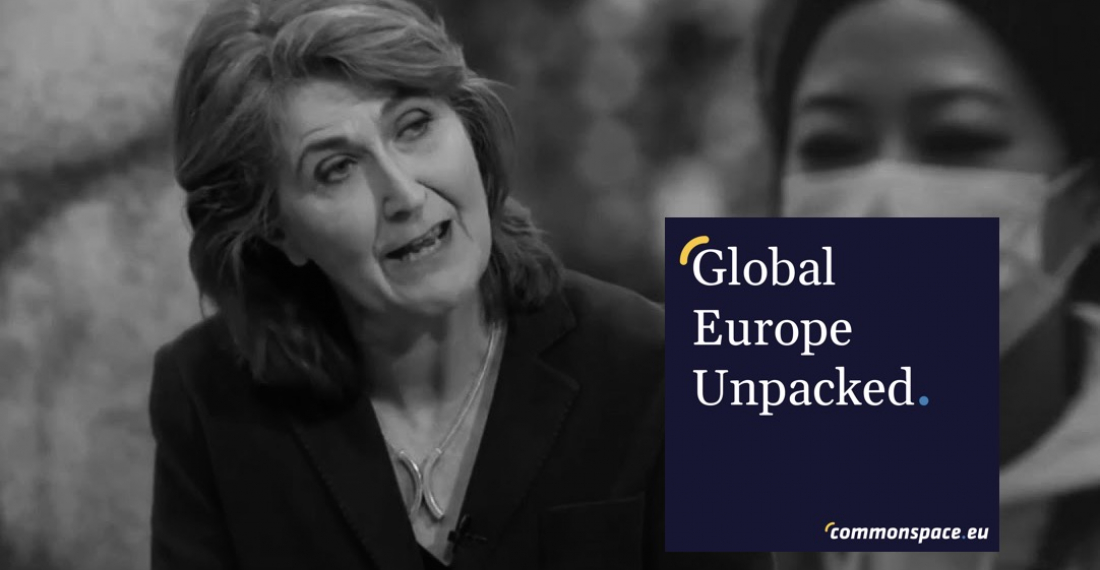[The podcast is also available on all of the usual channels, including Apple Podcasts, Spotify and Google Podcasts]
For decades, the European Union and China have eyed each other from a distance. Both economic giants in their own right, they saw huge benefit in co-operating with each other, blending their different economic strengths in what appeared to be a win-win situation.
More recently, however, China has been acting in increasingly threatening ways; and it is becoming ever clearer that the EU needs a coherent strategy for relations with Beijing. In the words of the EU High Representative, Josep Borrell:
'We only have a chance if we deal with China with collective discipline.'
In our latest episode of the Global Europe Unpacked podcast, I speak to Ardi Bouwers – a Sinologist and Director of the consultancy, China Circle, specialising in intercultural communication and media. We discuss:
- the EU-China relationship and differences in values;
- how the Chinese Communist Leadership perceives Europe;
- bilateral relations between China and EU member-states;
- why a collective EU strategy on China could benefit Europe; and
- in which areas a positive agenda with China can be constructed.
The podcast is available on all of the usual channels and, each Thursday at 16:00, it can also be heard on Radio GIPA FM 94.3 in Tbilisi.






